Relationship

How Depression Can Affect Your Relationship—And What You Can Do
Depression is not just an internal struggle—it ripples outward, affecting relationships, routines, and the emotional fabric that holds people together. When someone is dealing with depression, it's not only their world that becomes dim—it can cast a shadow over their most intimate connections too. In a country like India, where open conversations about mental health are still rare and love is often equated with endurance, depression within a relationship can become invisible, misunderstood, or misjudged.

Healing Through Grief: Understanding the Stages of Loss and How to Cope
Grief is an inevitable part of life, touching everyone at some point. It’s an emotional, physical, and psychological response to loss, whether that loss comes from the death of a loved one, the end of a relationship, losing a job, or missing out on opportunities. For many, grief is a solitary and isolating experience, leaving individuals overwhelmed, confused, and unsure of how to move forward.

How Technology Fuels Procrastination and Tips to Combat Digital Distractions
Technology has revolutionized the way we live, work, and connect with others. However, it has also introduced a pervasive challenge: digital distractions. From social media notifications to endless scrolling on video platforms, technology often becomes a major contributor to procrastination. In this blog, we’ll explore the science behind how technology fuels procrastination, the psychological impact of digital distractions, and actionable strategies to regain control of your focus and productivity.

Signs You Should Reach Out for Help: Identifying Red Flags in Your Mental Health
Mental health is an integral part of our overall well-being, yet it often takes a backseat to physical health. In a world that emphasizes productivity and resilience, it’s easy to overlook the subtle signs that our mental health needs attention.

Understanding and Managing Social Anxiety: Tips for Teenagers
Social anxiety is more common than most people realize, especially among teenagers who are navigating the challenges of school, friendships, social media, and family expectations. For teens facing social anxiety, the pressures of school, social gatherings, and public situations can feel overwhelming, sometimes resulting in avoidance, negative self-talk, or a sense of isolation. In India, as well as globally, social anxiety has seen an uptick, partly fueled by social media and academic pressures. Understanding and managing social anxiety is crucial for building confidence and enjoying life’s opportunities. Here’s an in-depth look at what social anxiety is, why it’s particularly prevalent during teenage years, and how to address it effectively.

The Science of Happiness: Understanding Mental Health and How to Cultivate Joy
In a world that seems to be constantly demanding more from us, the quest for happiness has become more pressing than ever. But what does science tell us about happiness? Is it merely the absence of sadness, or is there something deeper and more profound about cultivating joy? In this comprehensive blog, we will delve into the scientific understanding of happiness, how it impacts mental health, and what actionable steps you can take to bring more joy into your life.

Tackling Sleep Deprivation: How Poor Sleep Impacts Mental Health
Sleep is a vital part of life that significantly influences both physical and mental health. Yet, in today’s fast-paced world, sleep deprivation has become increasingly common, leading to a range of health problems, particularly affecting mental well-being. Understanding the complex relationship between sleep and mental health is crucial for improving overall quality of life. This blog will explore the impact of poor sleep on mental health, the historical evolution of sleep science, the underlying mechanisms connecting sleep and mental health, practical applications for different client types, potential outcomes, and commonly used assessments and exercises.

Dealing with Burnout: How to Recognize and Recover from Chronic Stress
Burnout is more than just feeling stressed or overwhelmed. It’s a state of emotional, physical, and mental exhaustion caused by excessive and prolonged stress. Burnout often occurs when you feel overwhelmed, emotionally drained, and unable to meet constant demands. As it persists, it can lower your productivity and leave you feeling helpless, cynical, and resentful. With the rise in workload and constant connectivity in today’s world, especially post-pandemic, burnout has become a common issue among professionals, students, and caregivers.
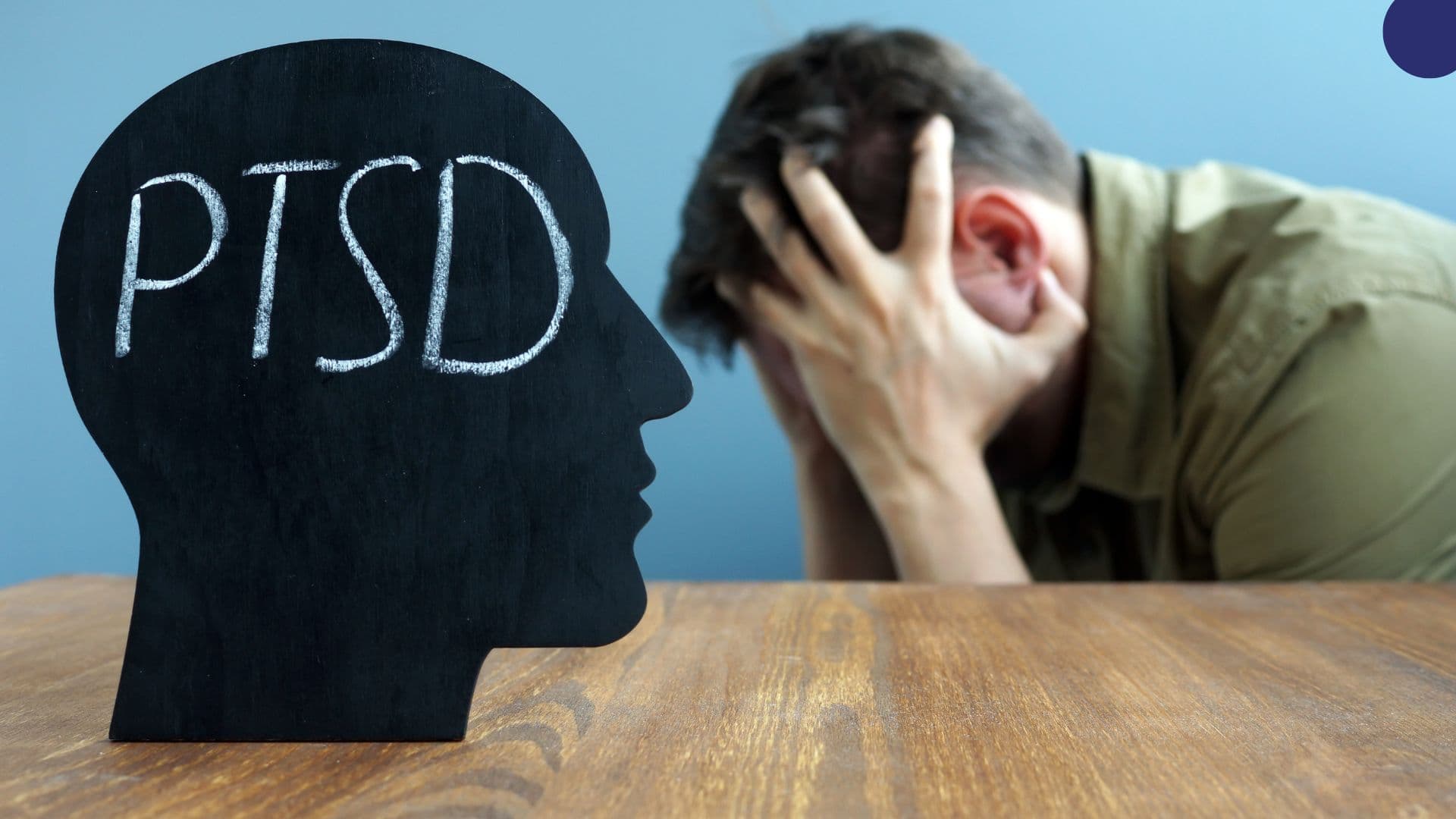
Breaking the Stigma Around PTSD: How to Identify and Treat Post-Traumatic Stress Disorder
PTSD is a mental health condition that can develop after an individual experiences or witnesses a traumatic event. This event could be anything that causes intense fear, helplessness, or horror, such as natural disasters, accidents, war, or abuse. While it’s natural to feel stressed or fearful after such experiences, PTSD occurs when these feelings persist or worsen over time, interfering with daily life and relationships.
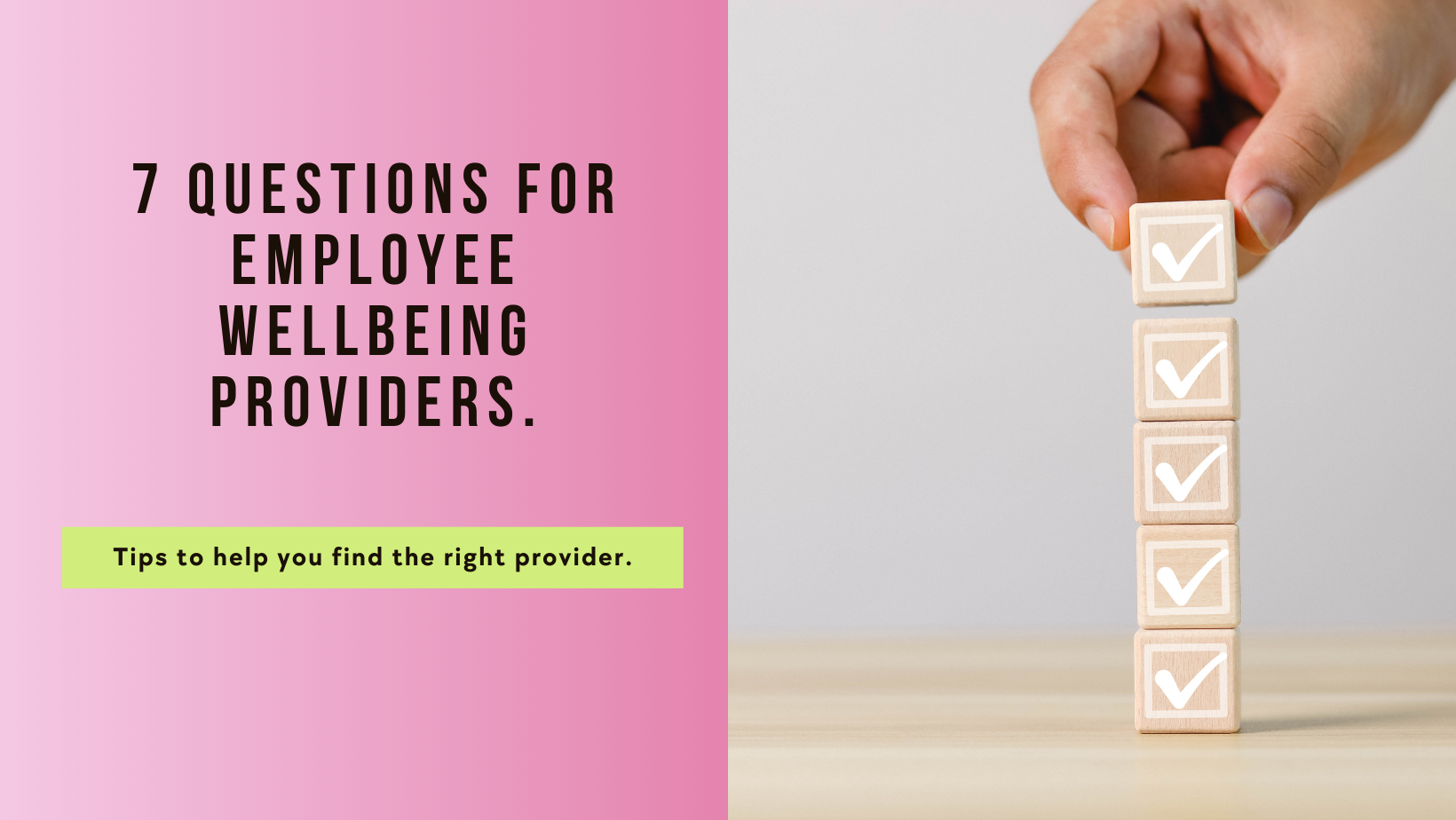
7 questions you should ask every employee wellbeing provider
7 questions you should ask every employee wellbeing provider Selecting an employee well-being provider is a critical decision for organizations committed to fostering a healthy and productive workplace. With the growing awareness of mental health in India, companies are increasingly seeking comprehensive solutions like CareMe Health to support their employees' well-being. When evaluating potential providers, asking the right questions can guide you to make an informed choice that aligns with your organization's values and needs. Here are seven essential questions to consider, backed by insights from studies and real-world practices.
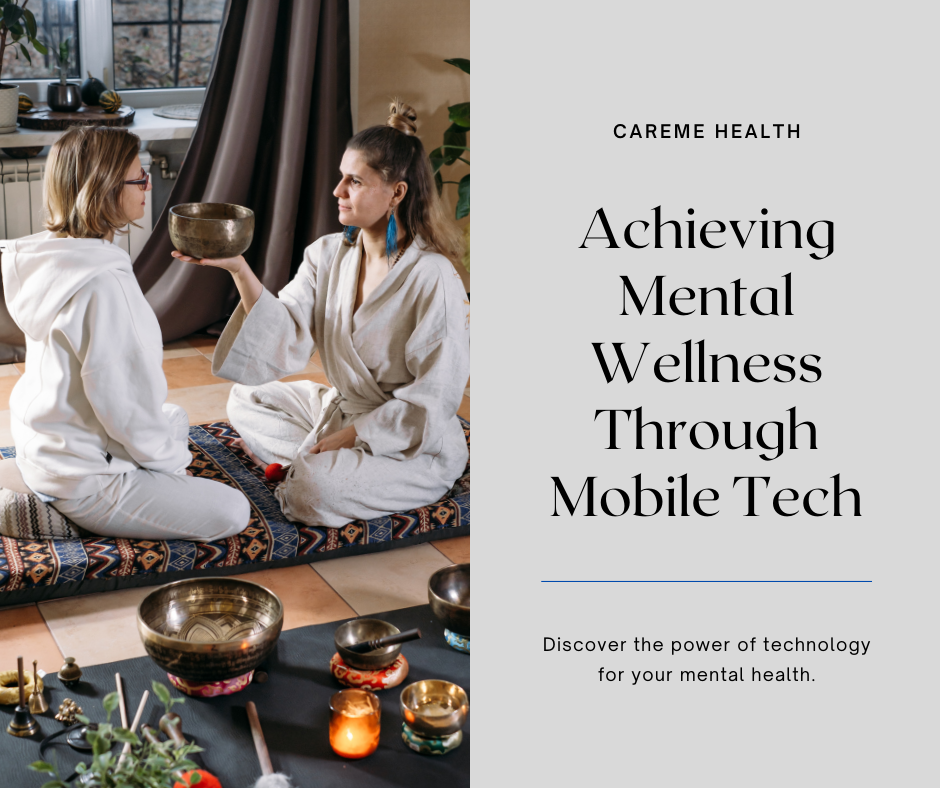
Mental health care and mobile tech: How CareMe achieves the magical mix
Mental Health Care and Mobile Tech: The Magical Mix of CareMe Health In today's fast-paced world, where the lines between physical and digital realms increasingly blur, mental health care has found a new ally in mobile technology. CareMe Health, an avant-garde mental health startup based in India, is at the forefront of this revolution, offering a harmonious blend of traditional care principles and cutting-edge technology. Let's explore how CareMe Health
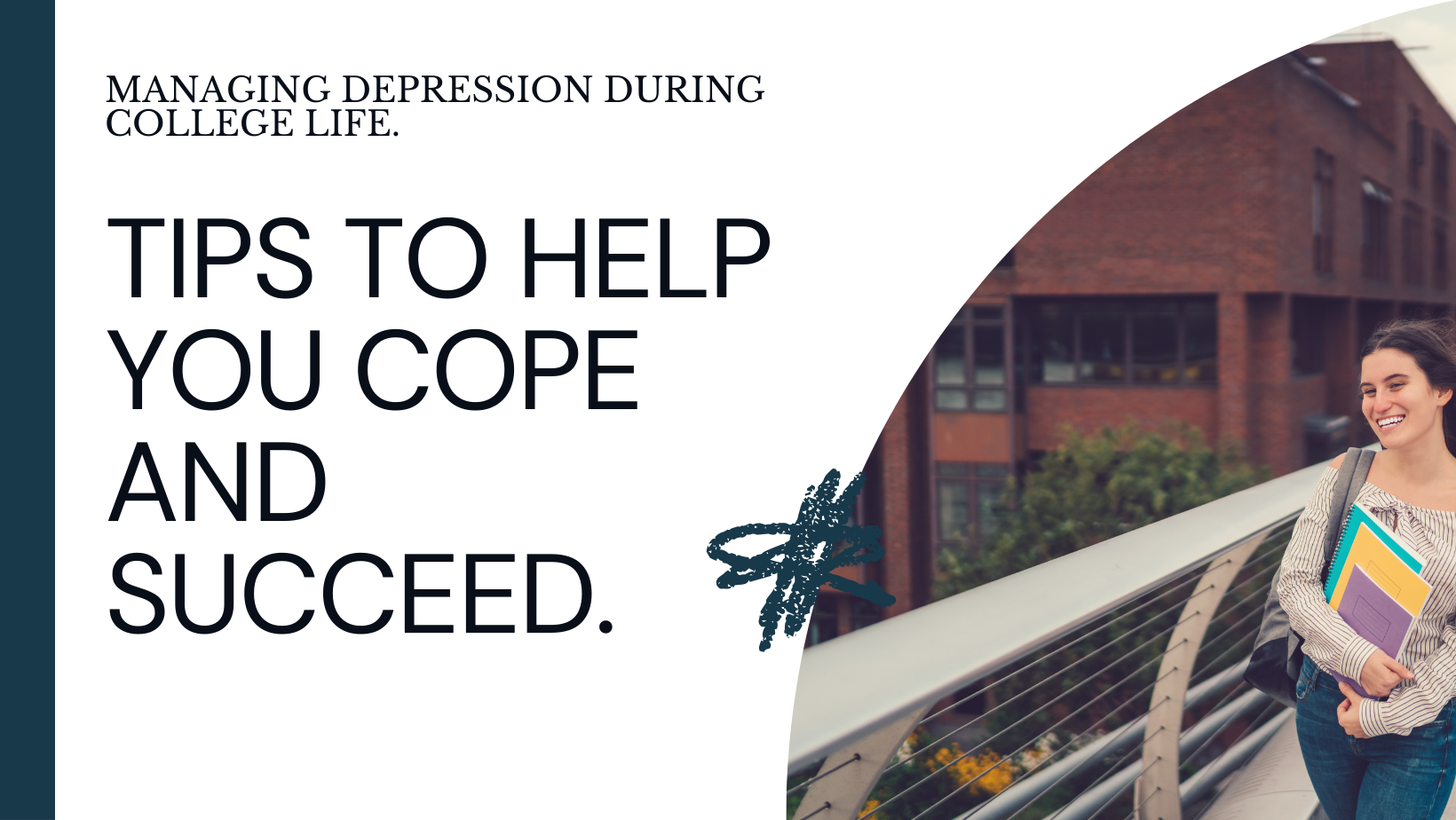
College Blues Getting You Down? Tips to Manage Depression During Studies
College Blues Getting You Down? Tips to Manage Depression During Studies College is a time of exploration, learning, and growth. But for many students across India, it's also a period marked by stress, anxiety, and sometimes, depression. The transition to college life, coupled with academic pressures and personal adjustments, can be overwhelming. If you're feeling the college blues, you're not alone. Here are some actionable tips to help you manage depression during your studies, with a special focus on how CareMe Health can support you on this journey.
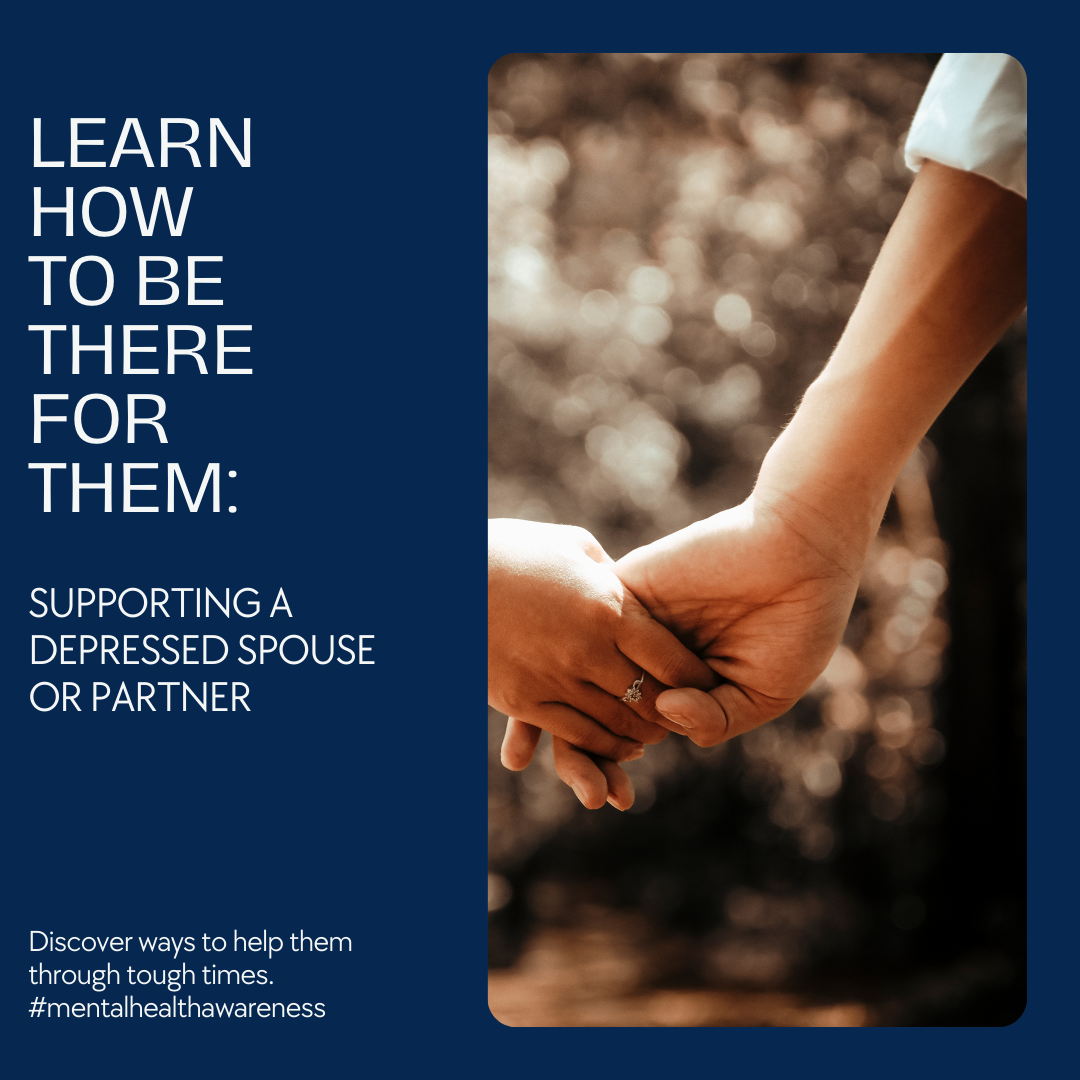
Supporting a Depressed spouse or Partner: Ways to Be There for Them
Supporting a Depressed Spouse or Partner: Ways to Be There for Them Witnessing a loved one struggle with depression can be heart-wrenching. In the intricate tapestry of Indian society, where relationships are the cornerstone of life, the impact of a partner's depression not only affects them but also reverberates through the entire family. Understanding how to support a depressed spouse or partner is crucial in aiding their journey toward healing while also maintaining your well-being.
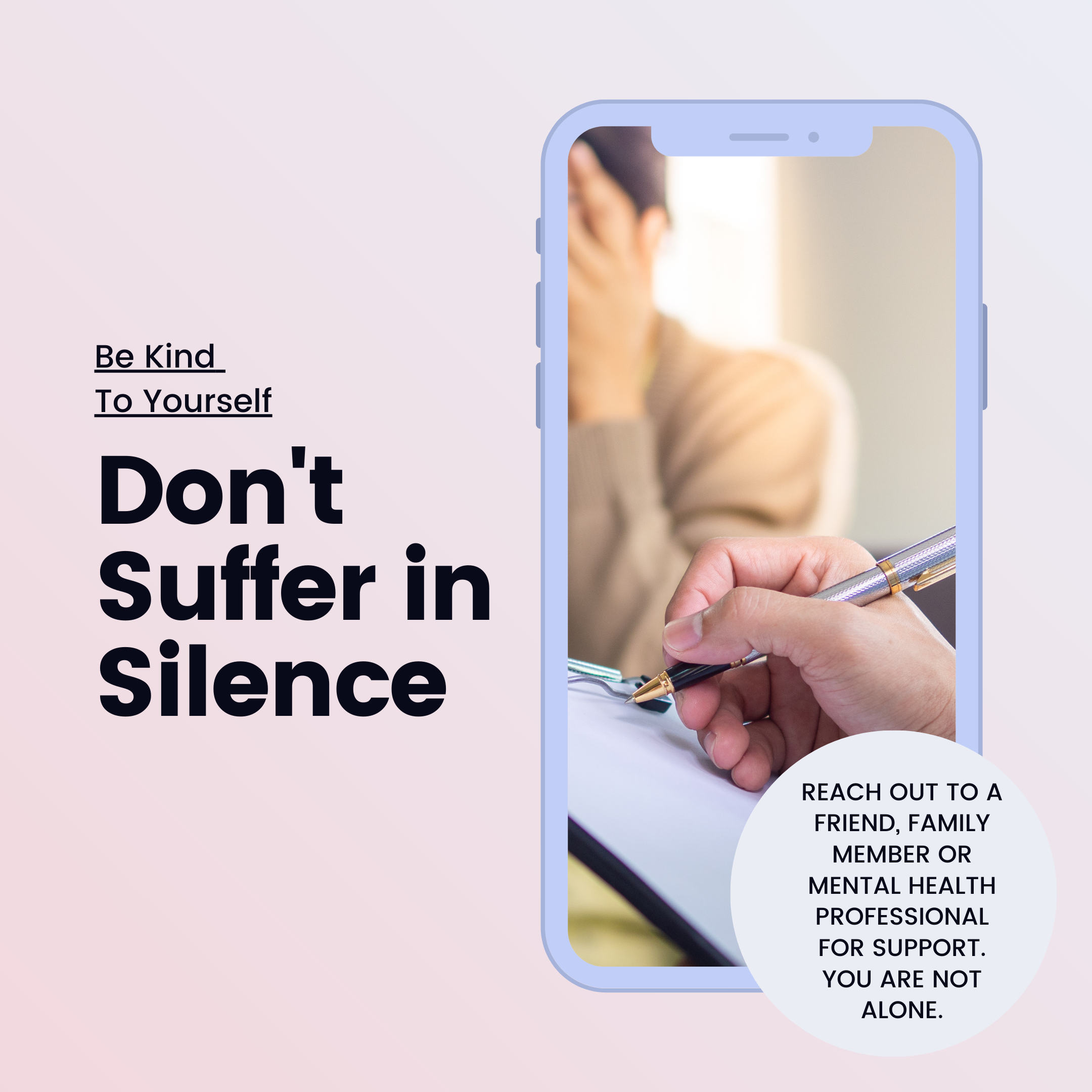
Don't Suffer in Silence: Talk to Someone About Feeling Depressed
Don't Suffer in Silence: Talk to Someone About Feeling Depressed In the rich tapestry of Indian society, where vibrant traditions meet modern aspirations, the topic of mental health often remains veiled in silence. Depression, a common yet misunderstood condition, lurks in the shadows of this silence, affecting millions across the nation. It's time to break the silence and speak up. Remember, when feelings of depression weigh you down, talking to someone can be the first step toward lightening the burden.

What Causes Stress to Get Worse?
What Causes Stress to Get Worse? An In-Depth Look with CareMe Health In our fast-paced world, stress has become a constant companion for many of us. But what turns everyday stress into a more severe problem? Understanding the factors that exacerbate stress is crucial, especially in the context of the diverse and vibrant landscape of India. This blog delves into these factors, supported by scientific evidence, and showcases how CareMe Health is your ally in managing stress effectively.
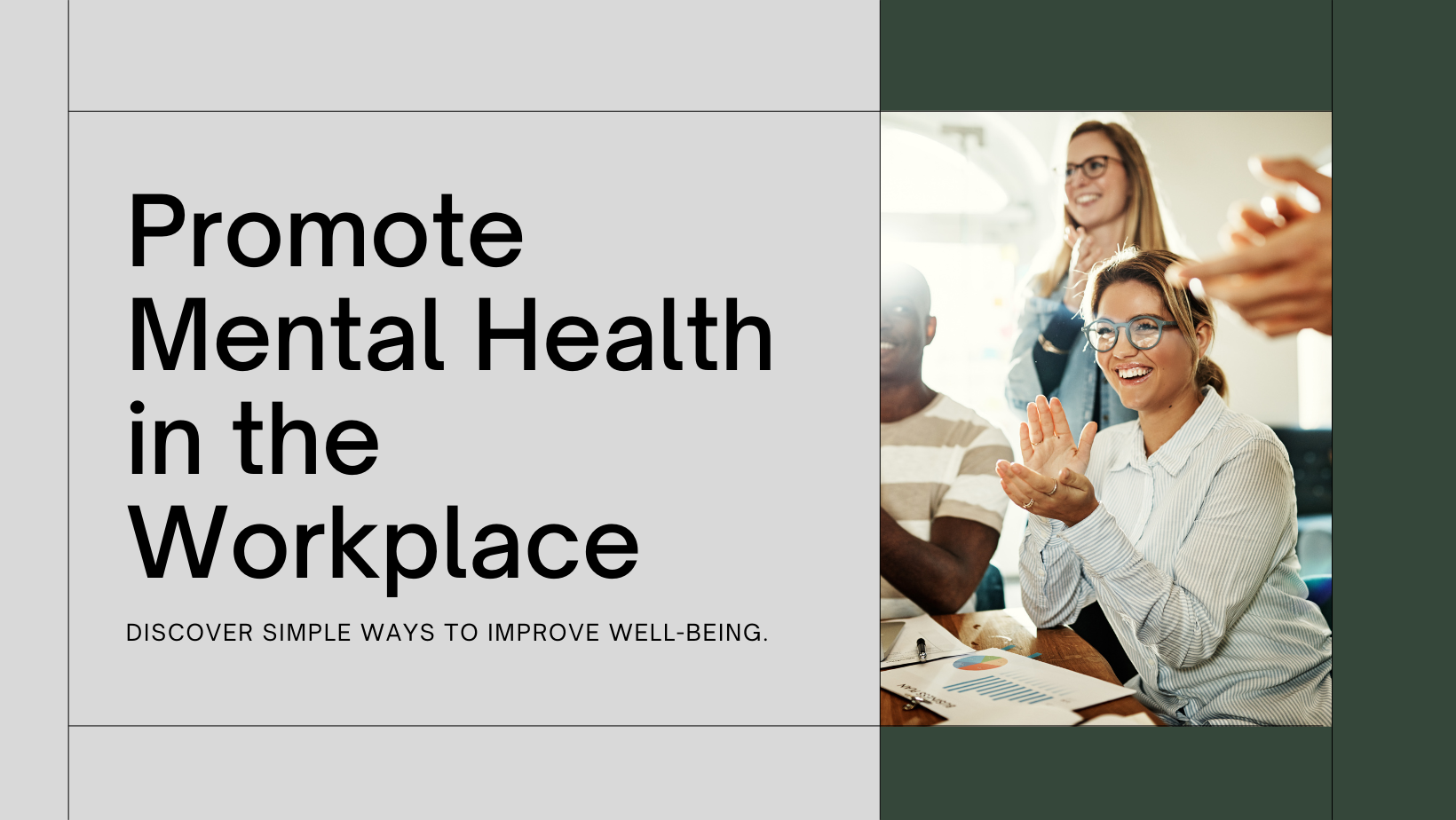
How to promote mental health in the workplace in 2024
In the rapidly evolving landscape of 2024, the significance of mental health in the workplace has never been more paramount. The global shift towards recognizing mental well-being as a crucial component of overall health is reshaping corporate cultures and policies worldwide, particularly in the wake of the transformative post-pandemic era. The enduring impact of the COVID-19 pandemic has precipitated a monumental shift in workplace dynamics, compelling organizations to reevaluate and prioritize the mental well-being of their employees as a fundamental aspect of their operational ethos.
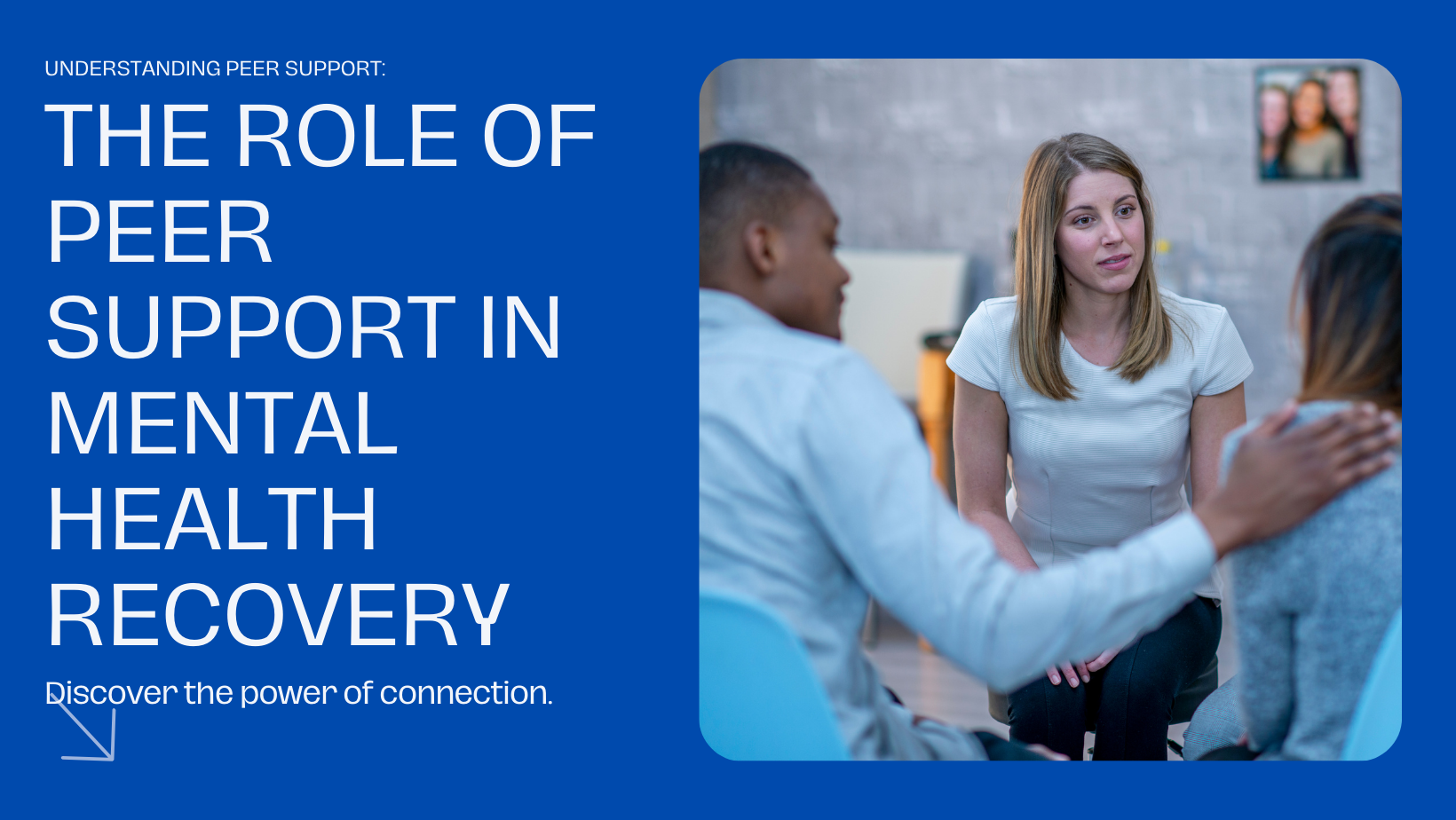
The Role of Peer Support in Mental Health Recovery
In recent years, India has witnessed a significant shift in the way mental health is perceived and discussed. With the increasing awareness about mental well-being, there's a growing recognition of the importance of comprehensive support systems in the journey of mental health recovery. Amidst this evolving landscape, the concept of peer support emerges as a cornerstone, offering unique benefits that complement traditional therapeutic interventions.
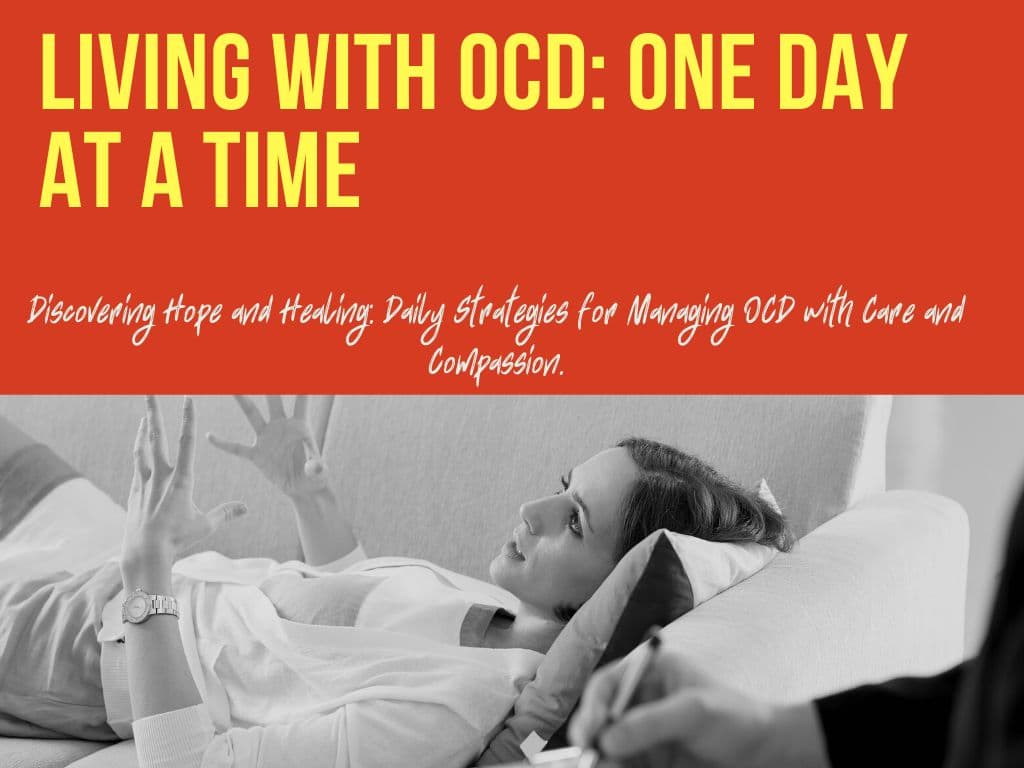
Living with OCD: One Day at a Time
In the intricate tapestry of human experiences, Obsessive-Compulsive Disorder (OCD) emerges as a complex and often misunderstood condition, weaving its patterns quietly into the daily lives of many. At its core, OCD is a mental health disorder characterized by a cycle of obsessions—unwanted, intrusive thoughts, images, or urges that trigger intensely distressing feelings—and compulsions—behaviors an individual feels compelled to perform in an attempt to ease stress or anxiety caused by the obsessions.
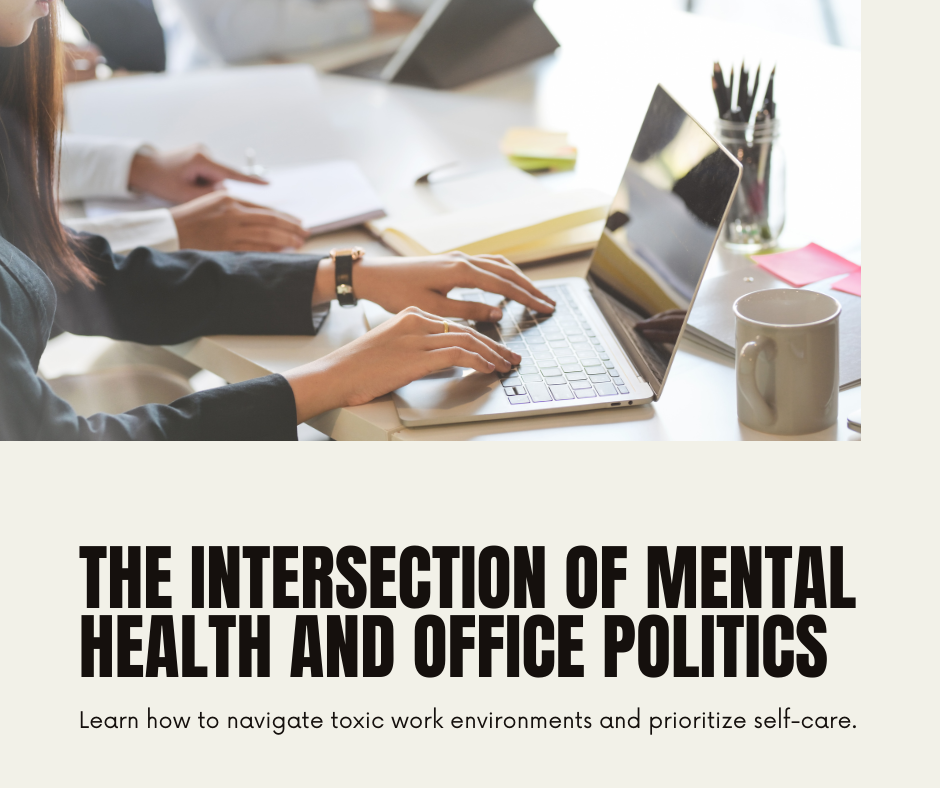
The Intersection of Mental Health and Office Politics
Office politics, an inevitable aspect of the professional landscape, significantly influences the workplace environment and employee interactions across India. This complex web of power dynamics, interpersonal relationships, and informal networks often dictates the rhythm of daily office life, impacting decisions, promotions, and the general workplace atmosphere. While some navigate these waters with ease, for many, office politics can be a source of stress and anxiety, affecting not just professional growth but also personal well-being.
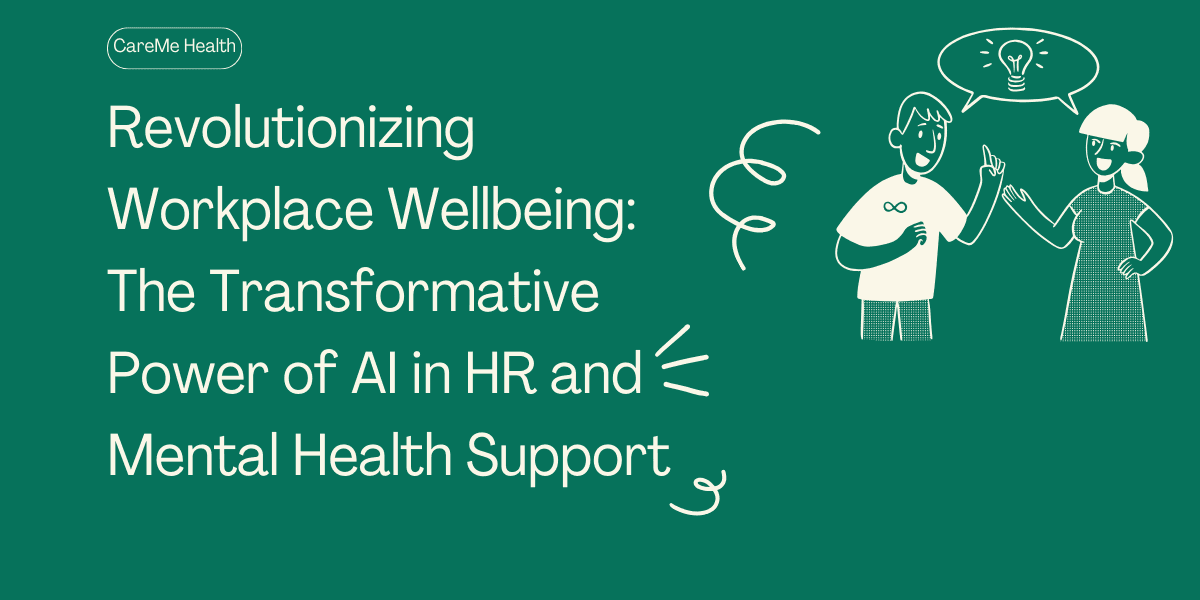
Revolutionizing Workplace Wellbeing: The Transformative Power of AI in HR and Mental Health Support
In the dynamic world of Human Resources (HR), the integration of Artificial Intelligence (AI) is revolutionizing how organizations approach leadership and employee wellbeing. Especially in a culturally rich and diverse country like India, where the workforce is a unique amalgamation of tradition and modernity, the role of HR is pivotal.
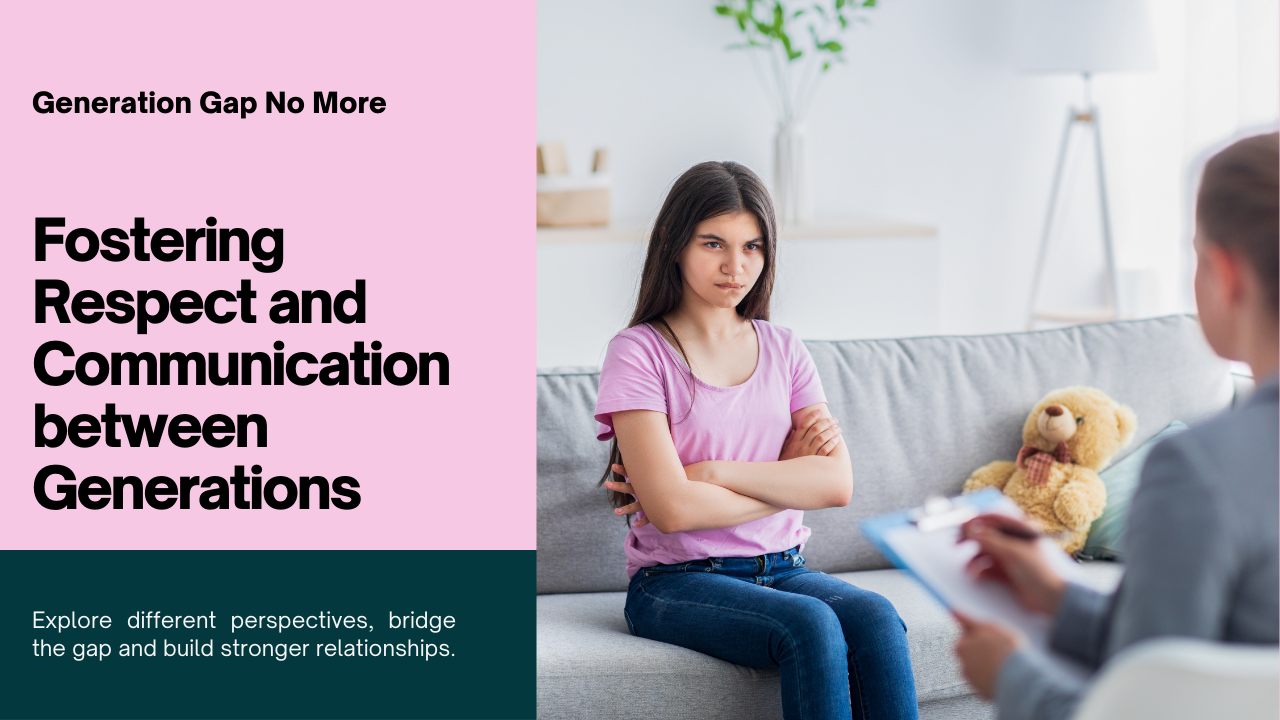
Teen Talk: Fostering Respect and Communication Between Generations
In today's fast-paced digital age, the art of healthy communication between teenagers and adults has never been more critical. The advent of technology and the internet has reshaped the landscape of human interactions, bringing unique challenges to the forefront of familial relationships. Teenagers, who are at a pivotal stage of development, find themselves navigating a world vastly different from that of their parents' youth. This generational divide, amplified by digital communication platforms, can often lead to misunderstandings and a disconnect between family members
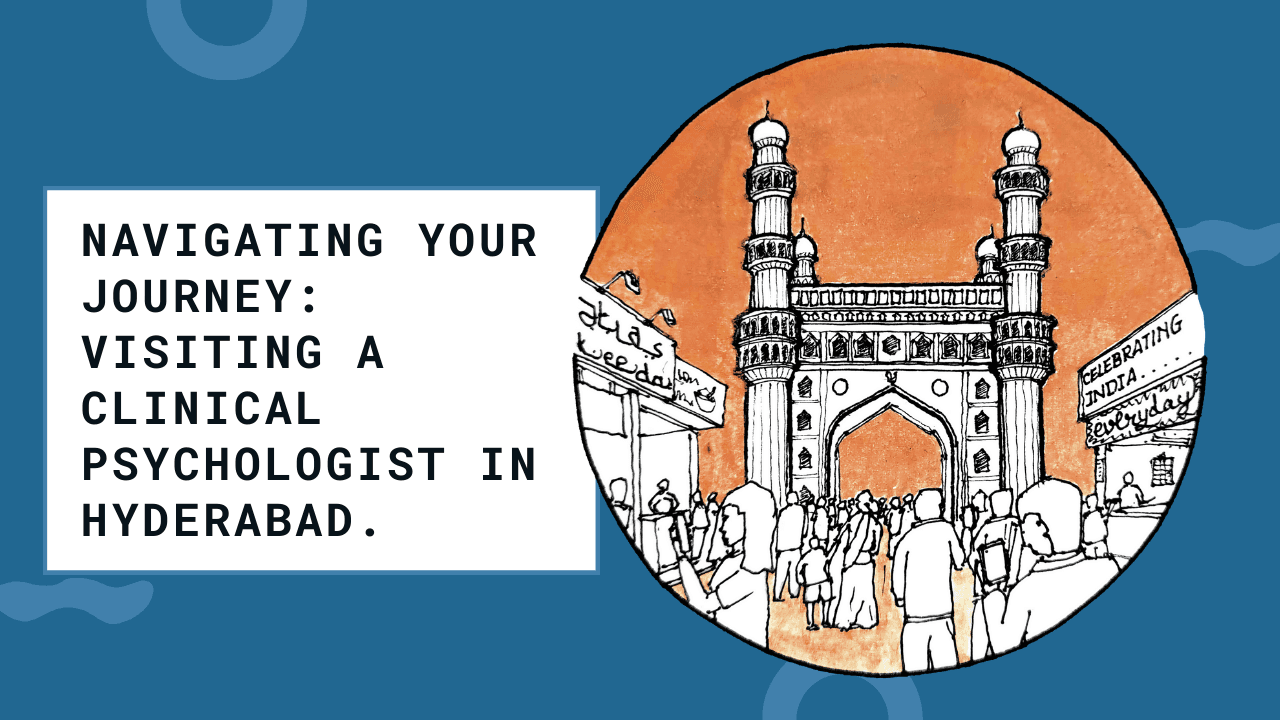
Navigating Your Journey: What To Expect When Visiting a Clinical Psychologist in Hyderabad
In India, where the tapestry of culture is rich and diverse, mental health has traditionally taken a backseat amidst the myriad priorities of its billion-plus inhabitants. However, the tide is turning, and there's a growing recognition of the critical role mental well-being plays in the overall quality of life.
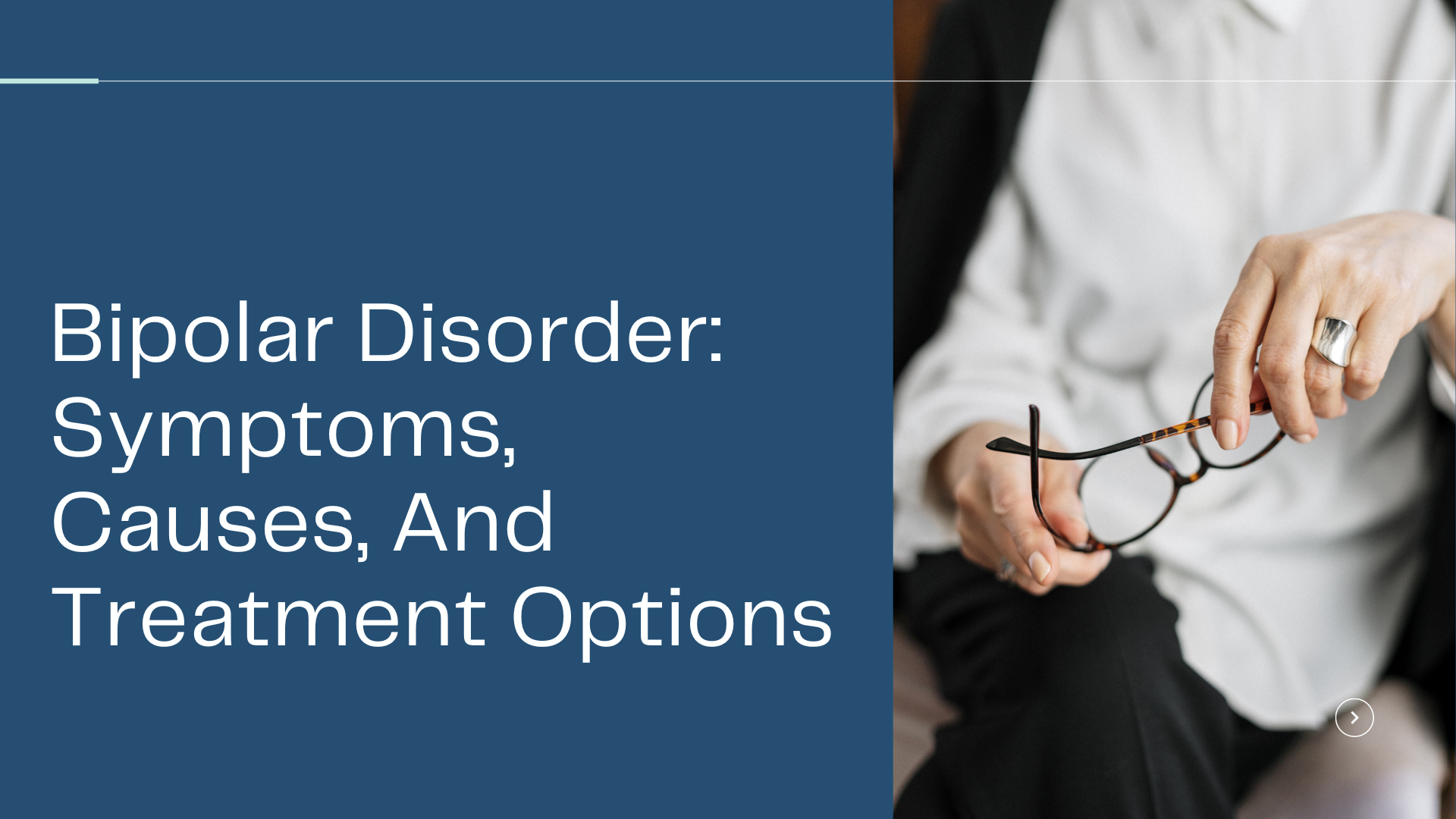
Bipolar Disorder: Symptoms, Causes, And Treatment Options
Bipolar disorder is a mental health condition characterized by extreme mood swings or episodes of mania and depression.
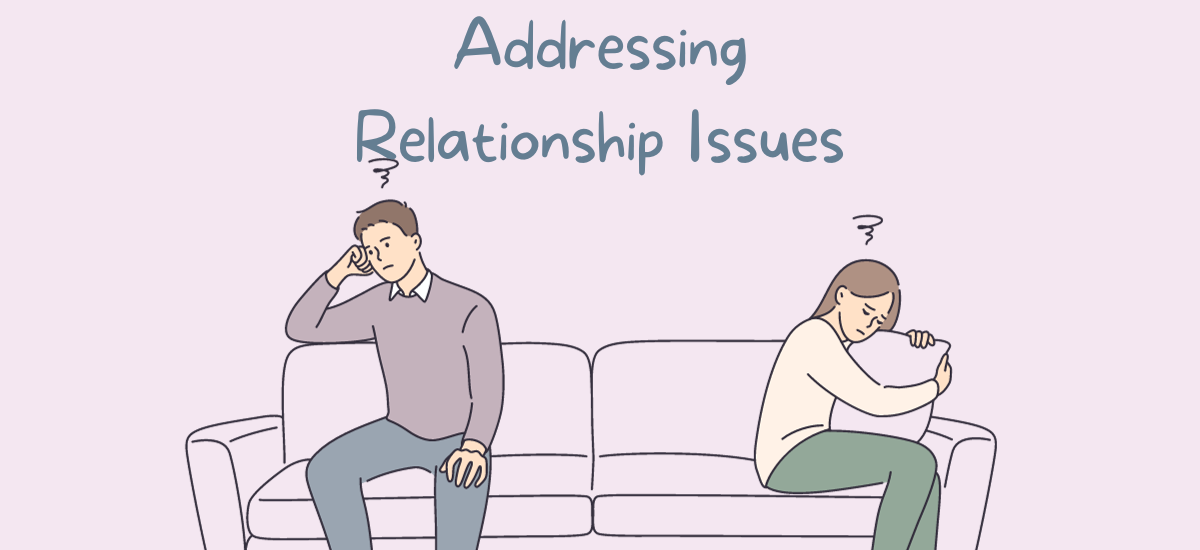
Addressing Relationship Issues: Causes, Symptoms & Treatment
Relationship problems refer to any difficulties or conflicts that arise within the dynamics of a romantic or interpersonal relationship. These can include issues with communication, trust, intimacy, commitment, or compatibility.
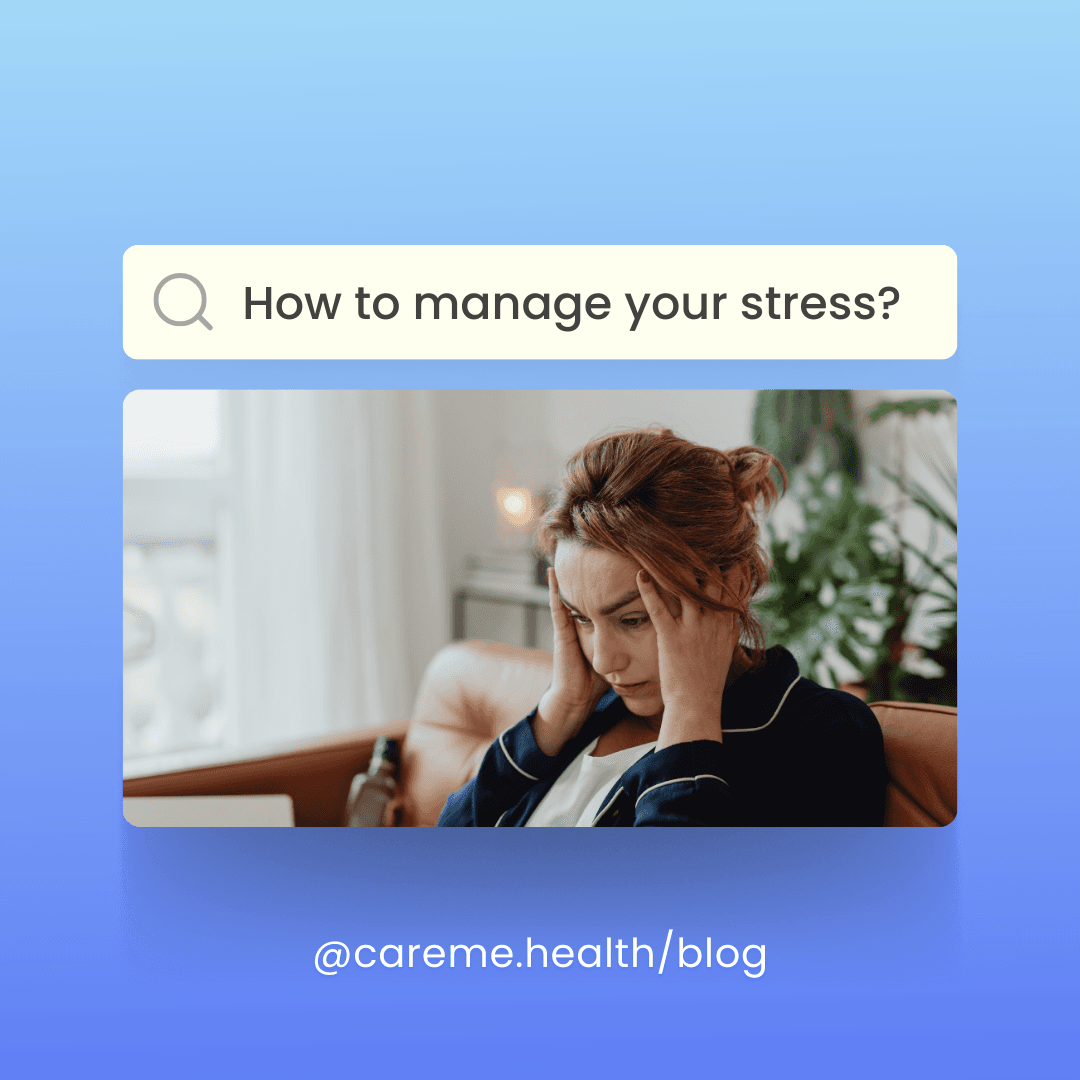
Managing Stress: Causes, Symptoms & Relief Options
Stress is a normal part of life, but when it becomes chronic or overwhelming, it can lead to a variety of mental health problems. Stress can affect the way a person thinks, feels, and behaves, and can lead to symptoms such as anxiety, depression, irritability, and difficulty concentrating.
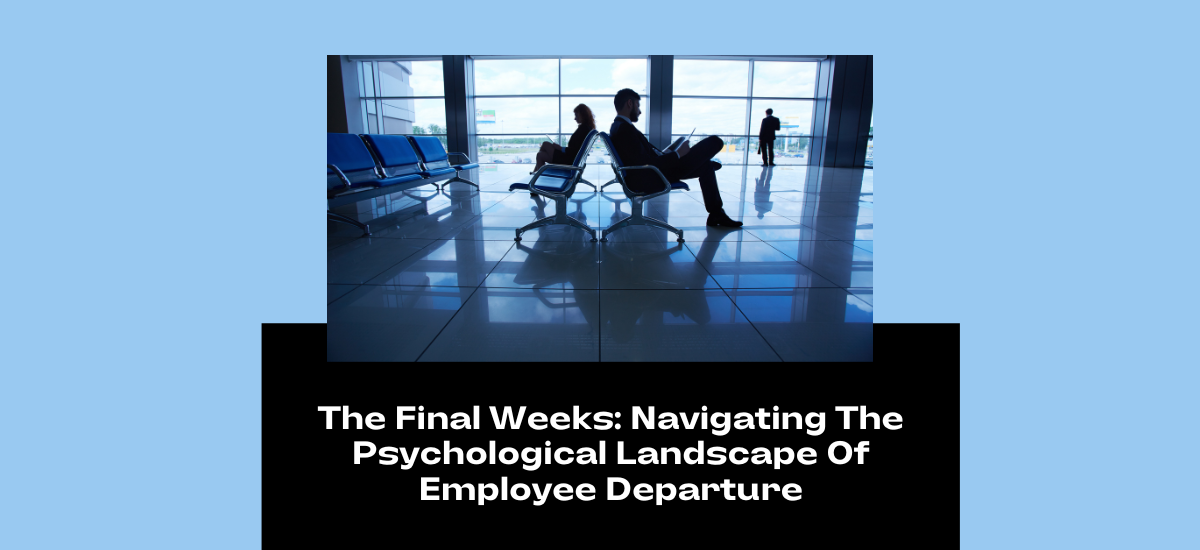
The Final Weeks: Navigating The Psychological Landscape Of Employee Departure
The act of leaving a job, whether by choice or circumstance, is a significant life event that carries with it a complexity often underestimated by both employees and employers.
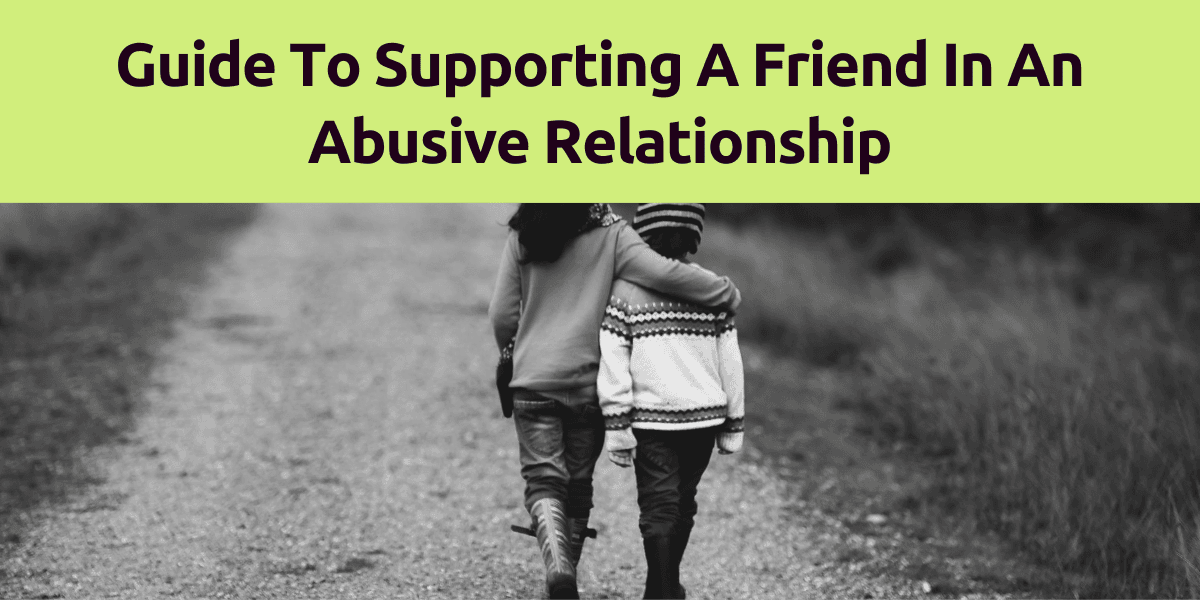
Guide To Supporting A Friend In An Abusive Relationship
Abusive relationships can be difficult to spot, but they are much more common than most people think.
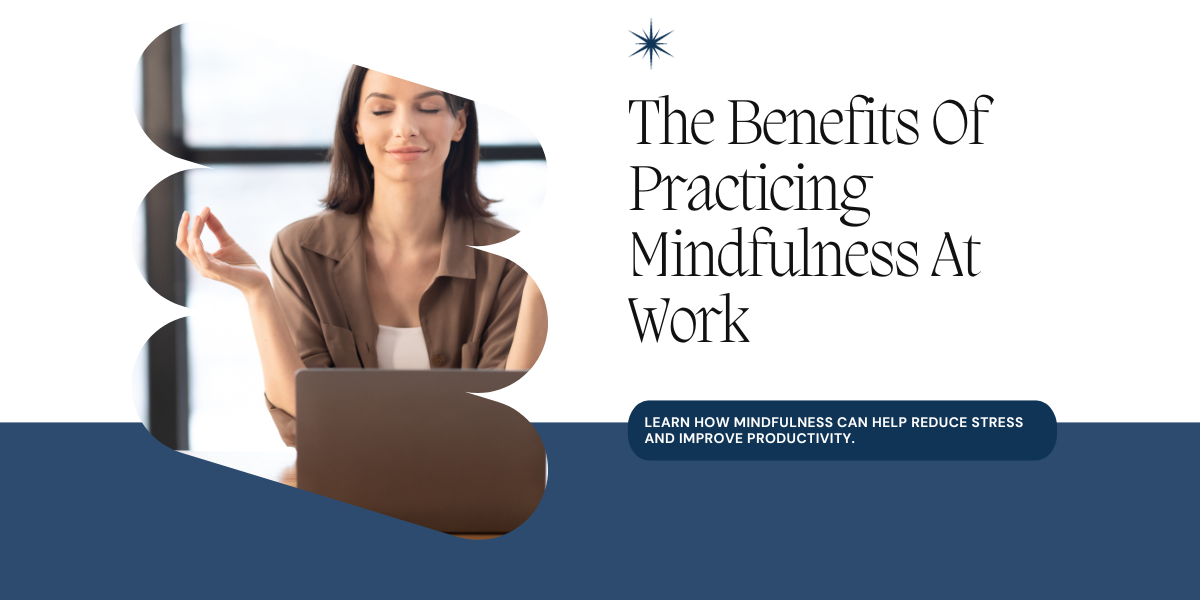
The Benefits Of Practicing Mindfulness At Work
In today’s fast-paced and demanding work environment, employees are facing increasing levels of stress, burnout, and unhappiness.

What Kind Of Therapy Is Best For Me?
Finding the best form of treatment for mental health issues is crucial. Some psychological problems are best treated with a specific type of strategy. We will be discussing primary approaches used in treating common mental health issues.
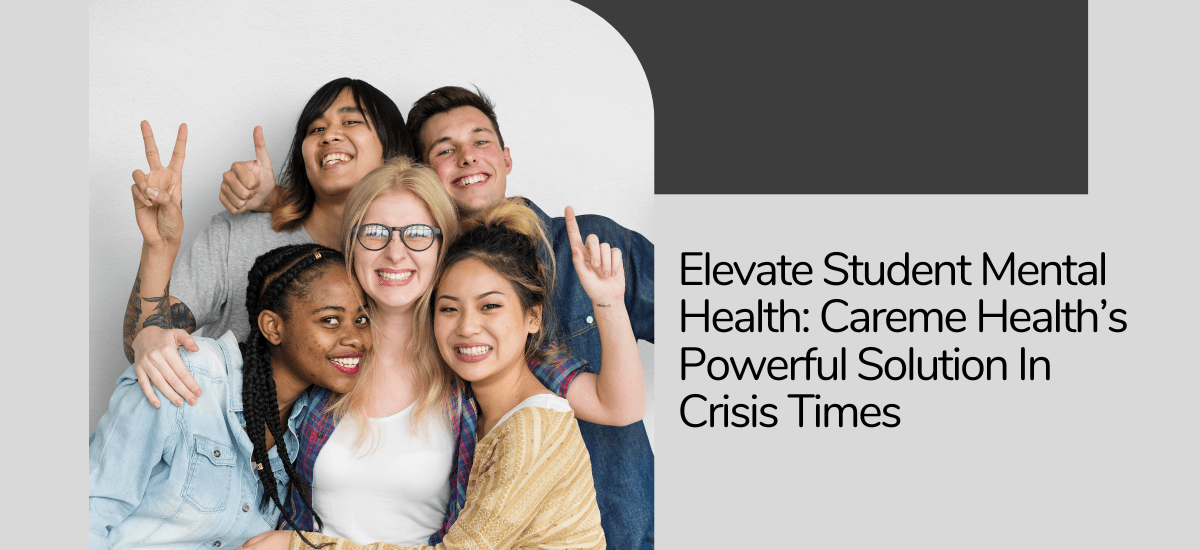
Elevate Student Mental Health: Careme Health’s Powerful Solution In Crisis Times
In recent years, the mental well-being of young students has become a major public health concern.
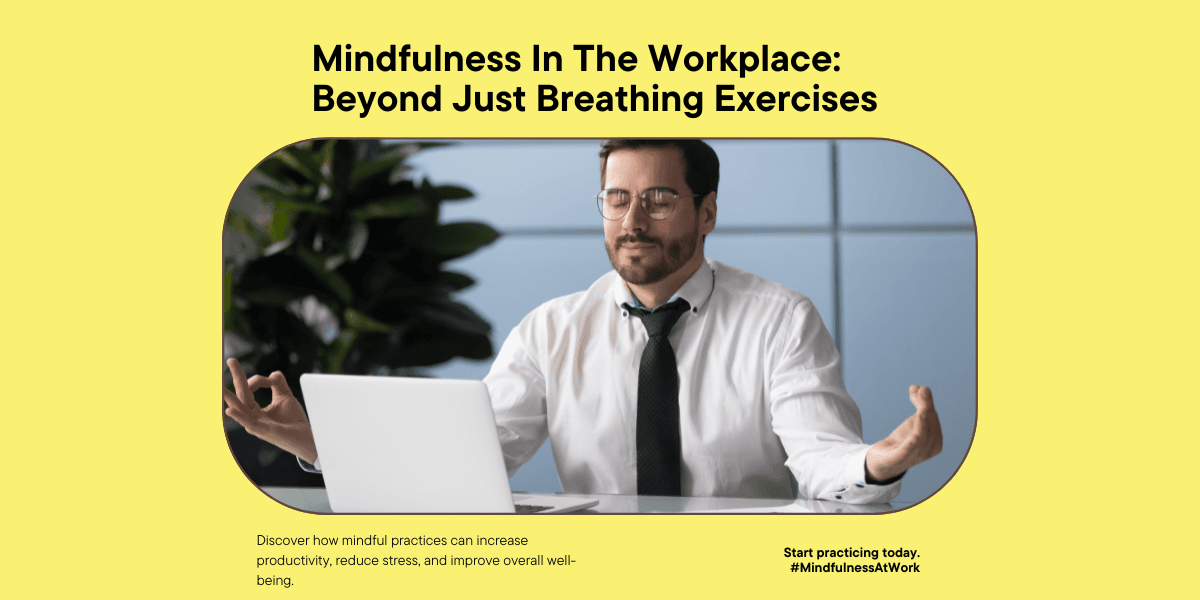
Mindfulness In The Workplace: Beyond Just Breathing Exercises
Mindfulness is an increasingly popular trend in the workplace, with many organizations promoting it as a way to boost productivity, reduce stress and improve overall well-being.

6 Signs You’re Stressed Out And Need A Break!
Recognize the signs of stress and discover when it's crucial to take a break. Explore practical ways to manage stress and prioritize self-care for better mental well-being.

How To Overcome Burnout With 8 Simple Steps
Discover practical steps to overcome burnout and restore balance in your personal and professional life. Learn effective strategies for preventing and managing burnout for sustained well-being.

Treating PTSD With Effective Grounding Techniques
Post-traumatic stress disorder (PTSD) is a mental health disorder that can develop after a person experiences or witnesses a traumatic event. Common events that can trigger PTSD include military combat, sexual or physical assault, car accidents, and natural disasters.
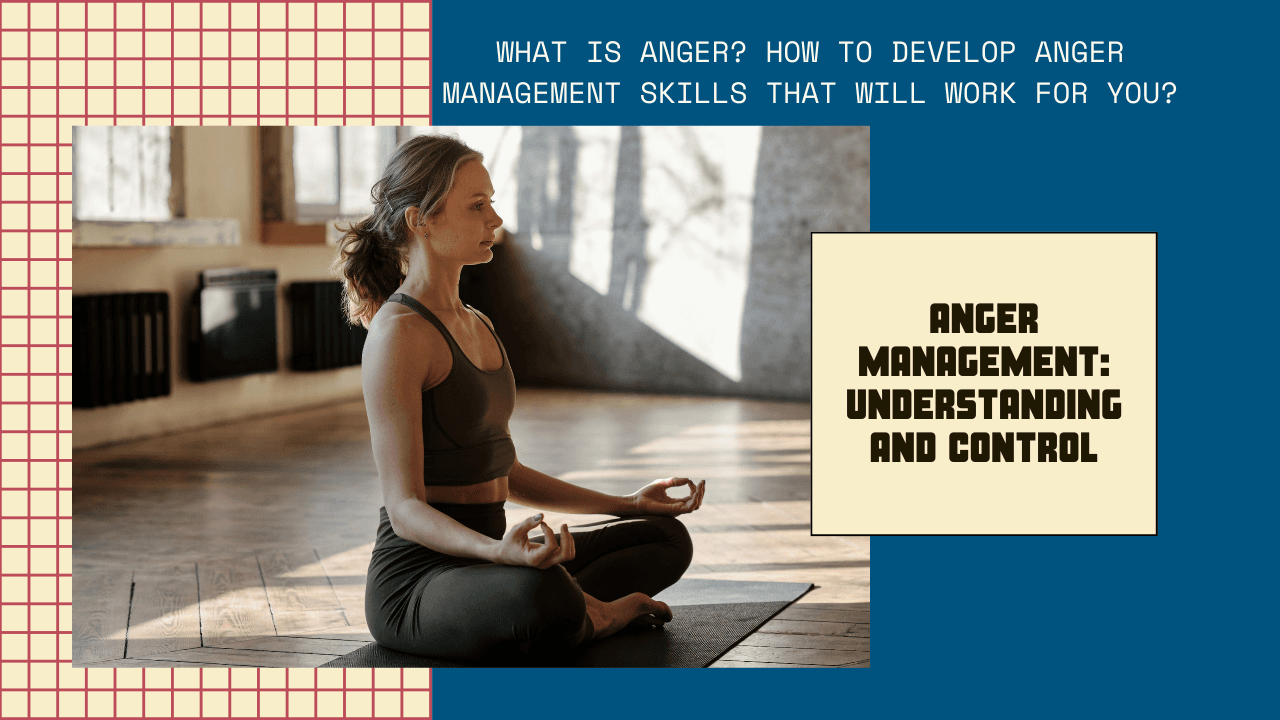
What Is Anger? How To Develop Anger Management Skills That Will Work For You?
Anger is one of the many emotions we experience as human beings. Although it is mostly seen as a negative emotion, there is much to learn from anger.

How To Cope With OCD: 5 Key Patterns To Recognize
OCD is a mental disorder that evokes intrusive thoughts, sensations, and emotions followed by the compulsion to do or act upon something over and over again.
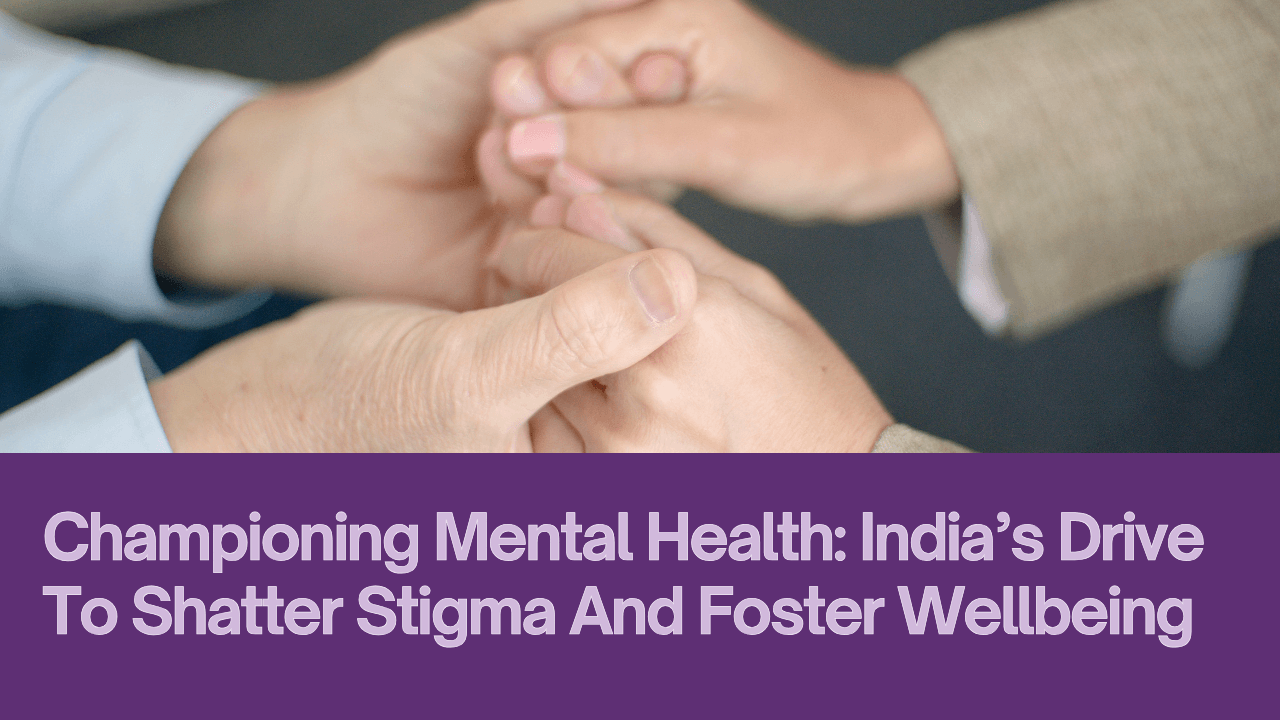
Championing Mental Health: India’s Drive To Shatter Stigma And Foster Wellbeing
May, the Mental Health Awareness Month, offers a prime opportunity to reflect on India’s evolving attitudes towards mental health.